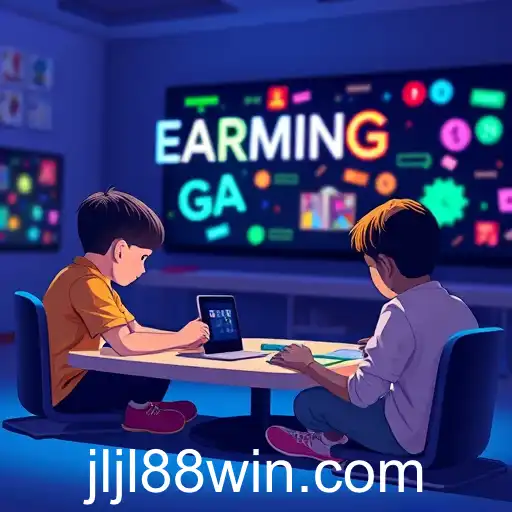In recent years, the education sector has witnessed a significant evolution, particularly with the integration of technology into the learning process. Among the technological advancements making waves in education is the emergence of 'Learning Games', a category rapidly gaining traction for its innovative approach to teaching and learning. These games, often termed as educational games, seek to combine fun with learning, aiming to engage students in a way traditional educational methods might not.
At the heart of the growing popularity of learning games is the ability to create an interactive and immersive experience. Unlike passive forms of learning, such as lectures and textbooks, learning games utilize various game mechanics - points, levels, challenges, and feedback loops - to maintain engagement and foster a conducive learning environment. Teachers and educators appreciate learning games' potential to cater to varied learning styles. Whether a learner is auditory, visual, or kinesthetic, games can seamlessly integrate different modes to enhance understanding and retention.
Additionally, learning games present a viable solution to a common challenge in the classroom: maintaining attention. By tapping into the inherent human love for play and discovery, these games often captivate students' attention for extended periods, promoting deeper understanding and critical thinking. Recent studies have shown that students engaged in learning games demonstrate higher problem-solving skills and adaptability. These skills are crucial in today's fast-evolving world where educational content needs to go beyond rote memorization to practical application and creativity.
The keyword 'jljl88' relates to a specific subset or categorization within the broader domain of learning games. This label might represent a specific game developer, a platform, or educational initiative focused on utilizing learning games to bridge gaps in educational attainment and skill acquisition. Regardless, the significance of such keywords often lies in their ability to guide educators, parents, and stakeholders to curated resources tailored to different educational needs and developmental stages.
There’s also an increasing trend of using these games to facilitate remote learning. The COVID-19 pandemic emphasized the importance of flexible and scalable education solutions. Learning games fit seamlessly into this model, enabling interactive learning experiences without needing physical interactions. Online platforms that provide learning games can offer fascinating opportunities for students to collaborate, compete, and learn in ways that align with 21st-century educational goals.
In conclusion, the adoption of learning games reflects a broader shift towards employing technology to personalize education. As educators and developers continue to collaborate, the potential for learning games to address educational challenges grows. Their continued evolution could be the key to unlocking more engaging, effective, and accessible education for future generations.

An exploration of the transformative role of learning games in modern education and their potential benefits.




